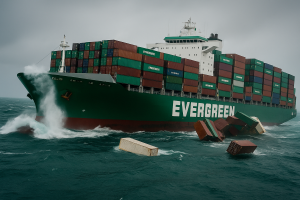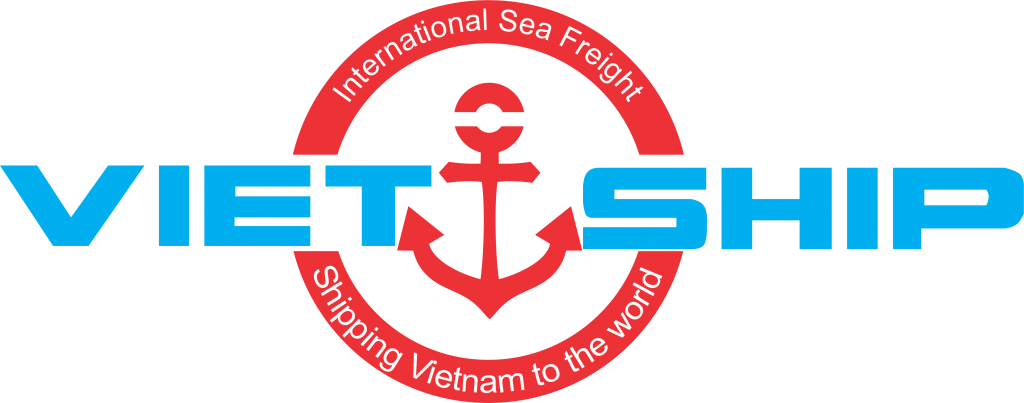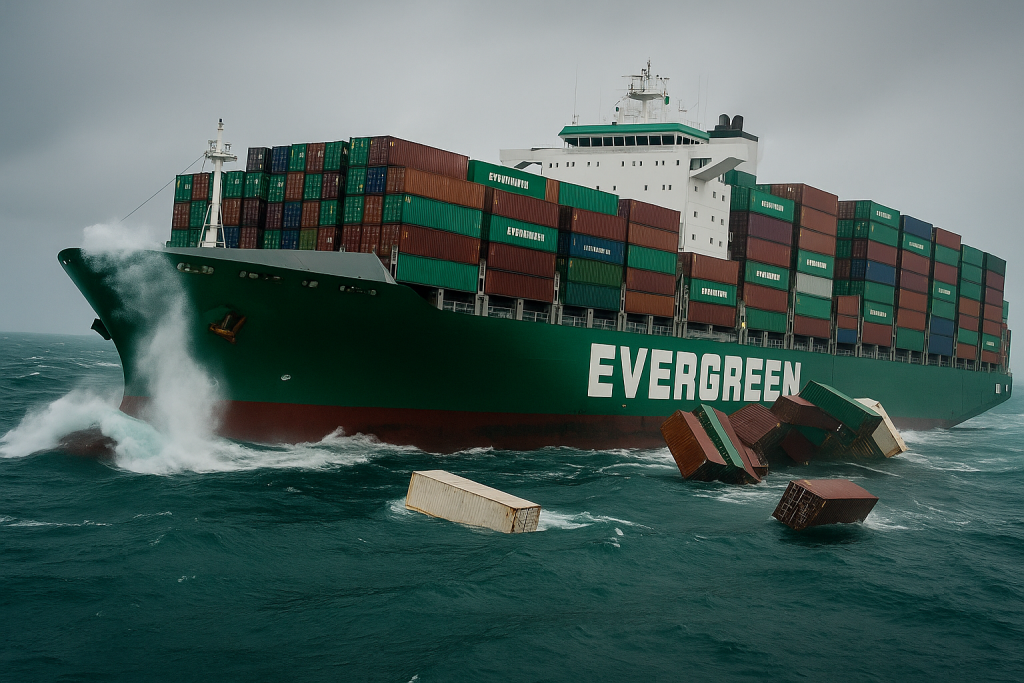Container Spill Incident: Two Evergreen Ships Face Accidents at Sea
In early August 2025, the global logistics and shipping industry was once again reminded of the unpredictable nature of maritime transport. Two container vessels operated by Evergreen Marine Corp encountered serious accidents at sea, leading to the loss of dozens of containers overboard and raising concerns about maritime safety and supply chain stability.

The Incidents: What Happened?
The two ships involved are the Ever Forever and the YM Witness, both operated under Evergreen Marine, one of the world’s top container shipping companies.
-
Ever Forever was en route to the Port of Los Angeles when it encountered rough seas near Mexico. As a result of heavy pitching and rolling, a large number of containers were dislodged and fell into the ocean.
-
YM Witness, also managed by Evergreen, experienced a similar incident while traveling from the Port of Kaohsiung (Taiwan) to Singapore. The ship reported the loss of containers due to extreme weather conditions in the South China Sea.
While no casualties or injuries were reported among the crew on either vessel, both incidents led to temporary disruptions in cargo tracking, insurance claims processing, and potential environmental impacts due to debris in the ocean.
Impacts on Global Supply Chains
These incidents come at a time when global trade routes are already under strain due to geopolitical tensions, port congestion, and rising freight costs. The loss of containers at sea not only leads to direct financial damage but also causes:
-
Delays in delivery of goods for retailers and manufacturers
-
Insurance complications for high-value cargo shipments
-
Increased pressure on alternative shipping schedules
-
Environmental concerns due to drifting containers and ocean pollution
With many of the containers potentially carrying electronic components, garments, and consumer goods, the ripple effect could be felt in retail and manufacturing sectors in both Asia and North America.
Evergreen’s Response
Evergreen Marine Corp has launched investigations into both incidents in cooperation with international maritime authorities. The company also stated that the vessels’ crews followed emergency protocols and made safety their top priority.
Evergreen confirmed that it is working closely with cargo owners, freight forwarders, and insurance firms to assess damages and initiate compensation procedures. Updates will be provided as search and recovery operations continue in affected areas.
Maritime Safety: An Ongoing Challenge
Container loss at sea is not a new issue in the shipping industry. According to industry data, an estimated 1,500–2,000 containers are lost overboard each year worldwide due to a combination of:
-
Severe weather
-
Improper stacking or lashing
-
Structural damage or fatigue in containers
-
Navigational challenges
Recent years have seen a number of high-profile cases, with container losses sometimes reaching into the hundreds per incident. This has reignited conversations on the need for stronger international shipping safety regulations and advanced container tracking technologies.
What This Means for Businesses
If your business relies on international sea freight—especially from Asian manufacturing hubs like China, Taiwan, and Singapore—these kinds of incidents should reinforce the need to:
-
Ensure comprehensive marine cargo insurance
-
Use real-time cargo tracking systems
-
Work with logistics partners who prioritize safety and route planning
-
Have contingency plans in place for inventory delays
While container loss incidents are statistically rare in proportion to total cargo volume, the consequences for businesses can be significant if not properly mitigated.
Moving Forward: A Wake-Up Call for the Industry
The back-to-back incidents involving Evergreen vessels serve as a wake-up call for the global shipping industry. It highlights the importance of weather monitoring, vessel loading integrity, and investment in safety technologies.
As supply chains grow more complex and interconnected, stakeholders from cargo owners to shipping lines must prioritize risk management, transparency, and collaboration.
Conclusion:
Maritime logistics continues to be the backbone of global trade, but it is not without its risks. The recent container loss incidents involving Evergreen vessels are a reminder that even the most established shipping lines are vulnerable to nature’s force. Businesses should stay informed, insure their cargo, and work with partners who prioritize both efficiency and safety in every shipment.
Read more:
Dịch Vụ Vận Chuyển Linh Kiện Ô Tô Bằng Đường Biển Từ Singapore Về Việt Nam
Dịch vụ chuyển phát nhanh thực phẩm khô đi Thổ Nhĩ Kỳ

